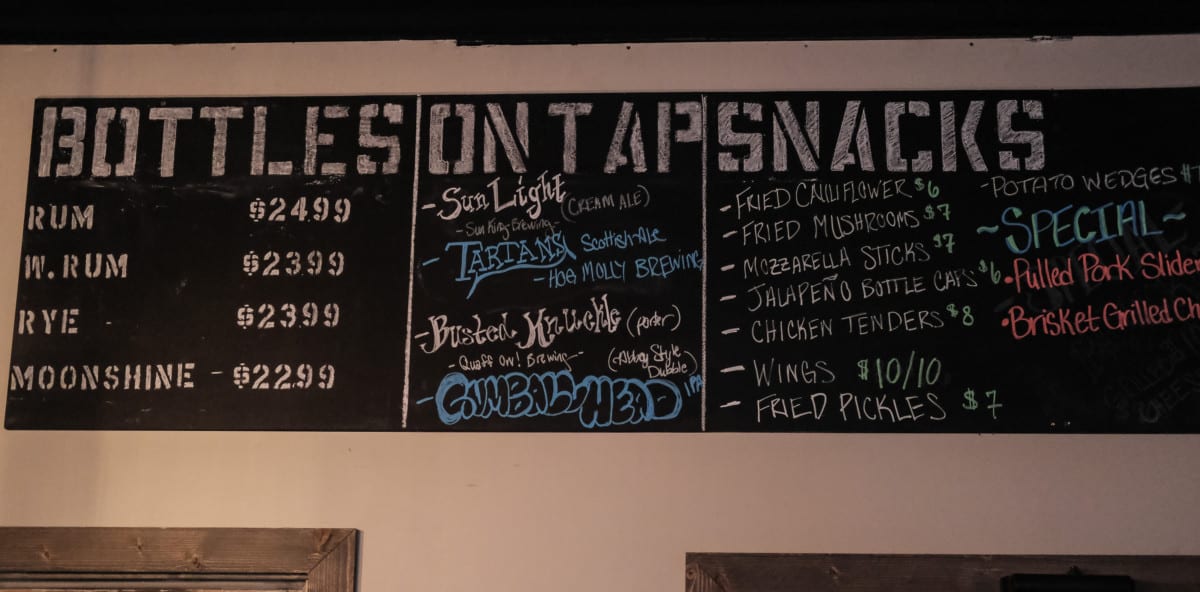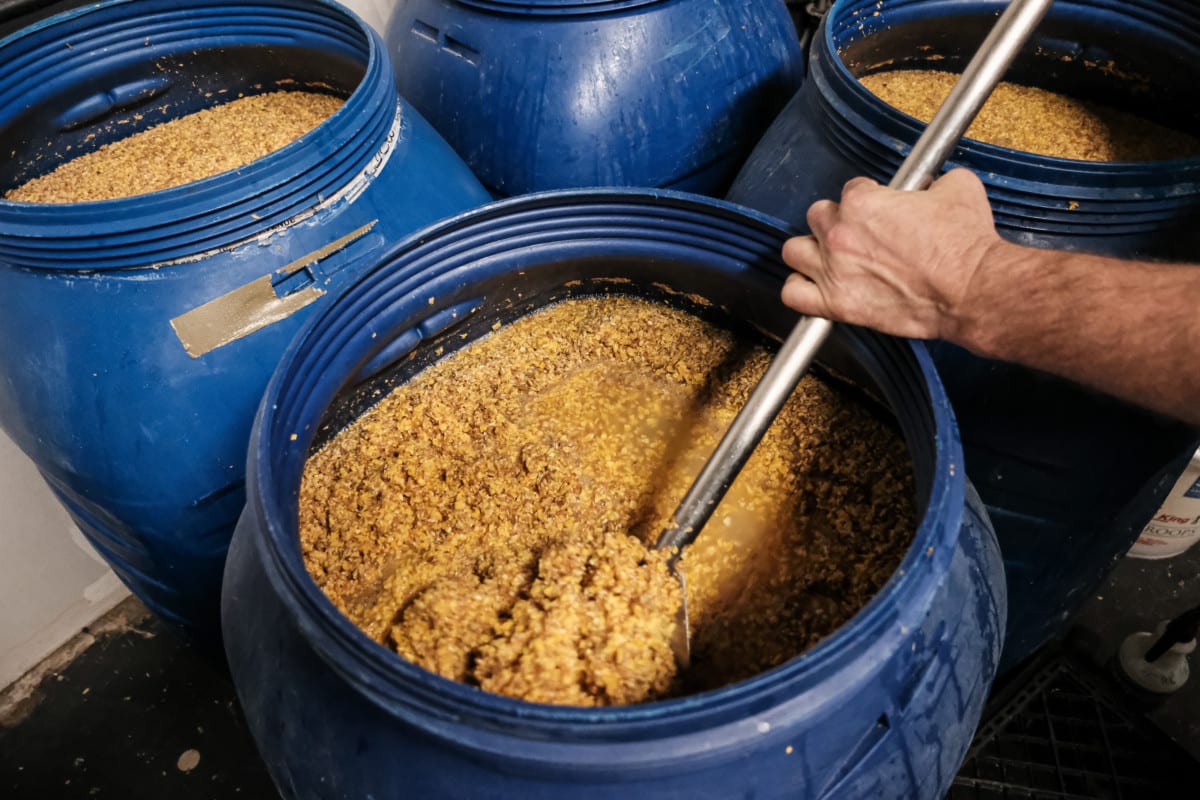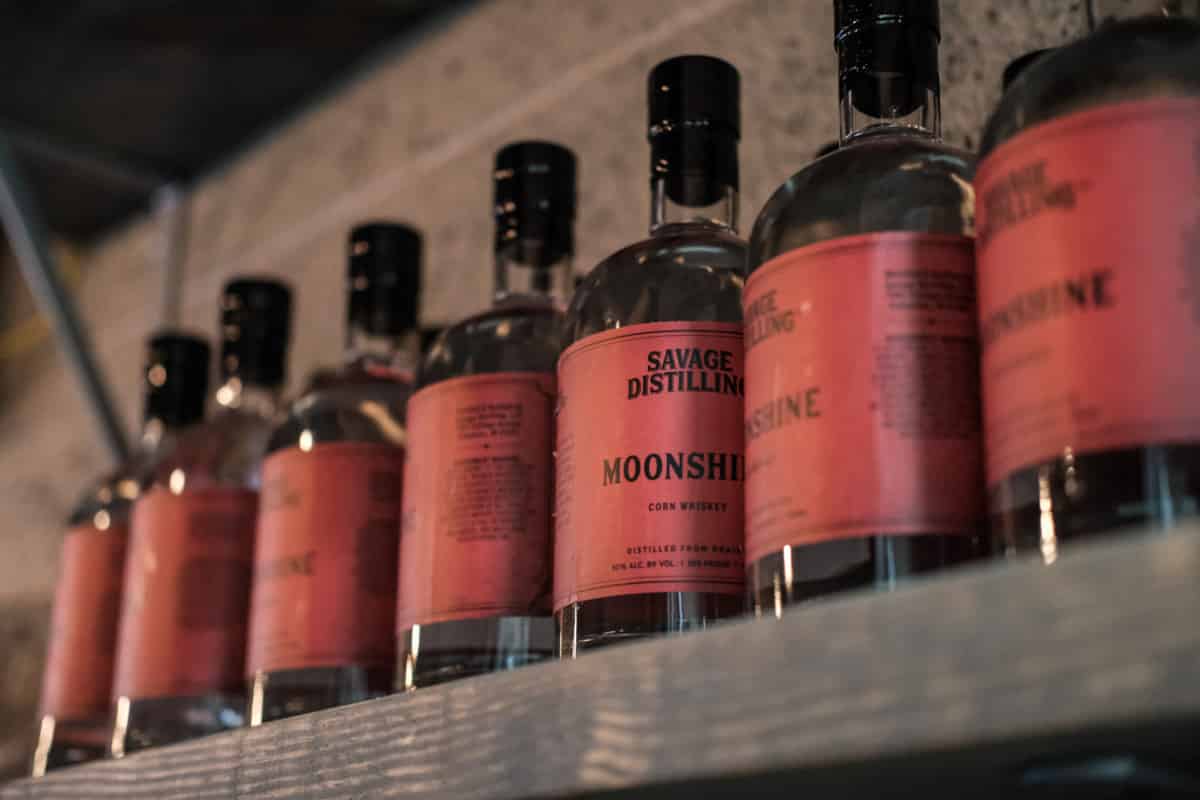A conversation between mother and her 4-H’er daughter illustrated the importance of the 4-H Dairy Show to the future of Bartholomew County agriculture.
Just before Maddie Beyer, 9, was scheduled to display one of her dairy heifers at the fair pavilion, her mom posed a series of questions about Maddie’s role at the annual event.
“Why do we raise the animals?” German Township livestock producer Leah Beyer inquired.
“So we can show them,” Maddie answered.
“But what are they used for?” her mother asked.
“Company?” the St. Peter’s Lutheran School student said.
That response prompted Leah Beyer to reiterate the purpose of raising livestock is to provide food. Nevertheless, a frown and quivering lip revealed her young daughter’s reluctance about the food aspect.
Maddie’s desire to view her animals as pets isn’t much different than what her 11-year-old brother, Brady, was feeling a few years back during his first appearance as a 4-H livestock exhibitor, the mother said.
“He cried when he had to give up his pig at his first auction,” Leah Beyer said. “But Brady names all his pigs after pork products, because he knows they are all going into the food system.”
While attachments are anticipated in younger children, older exhibitors such as Harris Otte, 13, are urged to emotionally detach themselves from their animals.
But after spending more than 10 hours a week taking care of a helpless, doe-eyed calf — and continuing to nurture it for between six months and three years — such expectations are much easier said than done, according to Otte.
“I love my animals,” the White Creek Lutheran student said.
Even with 10 years of 4-H experience, the only tenured and retiring dairy show exhibitor this year admits she still has trouble with attachment.
“With the pigs and beef cattle, I try to keep my distance,” Kylie Arnholt said. “But with my dairy cows, I tend to become their friend.”
4‑H programs have long been recognized and widely lauded for empowering young people with life-long knowledge and skills.
Like those in other clubs, students raising dairy cattle are engaged in a research-based experience that includes mentors, a hands-on project and a meaningful leadership opportunity.
But the shows, as well as the auction at the end of the fair, both provide a necessary experience that can’t be taught in any conventional fashion. It’s called letting go.
In straight-forward terms, these fair events serve to market four basic concepts to young people necessary for the future of Bartholomew County’s livestock industry, according to retiring fair board president Larry Fisher.
Livestock 4-H clubs teach the business of agriculture.
All things raised for agricultural purposes are meant to go to market.
While you lose one animal, you can raise another for next year.
Hard work will be rewarded.
To raise a grand champion dairy cow, you have to develop a little tougher skin, Arnholt said. However, she admits it takes time to learn how to accept a judge’s constructive criticism in a positive way.
“The first few years, you feel like (the judge) is just putting you down,” said the recent Columbus East graduate. “But eventually, you learn to take critiques and apply them toward next year.”
There’s many lessons to be learned in 4-H, but the most valuable one Arnholt has learned after 10 years of cumulative dairy show experiences is how to both win and lose with humility, she said.
While letting go of dairy cows is tough enough, the stakes (and the steaks) are raised with beef cattle. That’s because the kids know what the animal’s fate will be, according to 30-year veteran judge John White of New Castle.
“When you grow that attachment, it’s heart-breaking,” White said. “So judges have to know how to keep that encouraging spirit up. If you don’t, the kids are going to lose their interest and not come back next year.”
As young Maddie Beyer was exhibiting one of her heifers, White took a moment to practice what he preached with the nervous 9-year-old.
“You know, I could be having the worst day ever — but your smile would always make me feel better,” White told her in front of over 60 spectators, which immediately resulted in an even bigger smile on Maddie’s face.
But the most significant and longest-lasting encouragement will take place Saturday morning, when the 4-H Livestock Sale is held.
Last year, nearly all of the young exhibitors received twice as much as their animal was worth. Many received three or four times above market value.
So while the 4-H kids may still feel sad, it normally takes only a few days before the money, the pride of carrying out a long-term commitment — and the sudden realization that they’ve just been relieved of a tremendous responsibility — make them feel happy again, Fisher said.

















